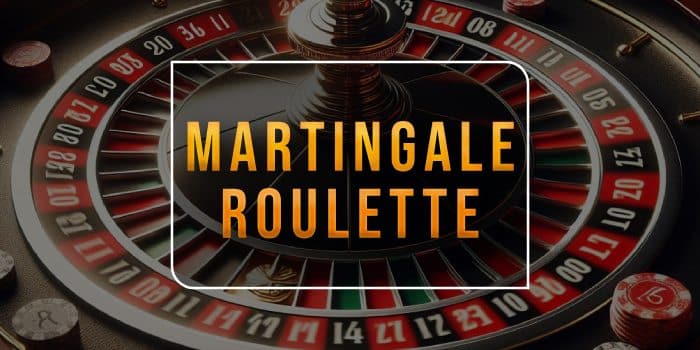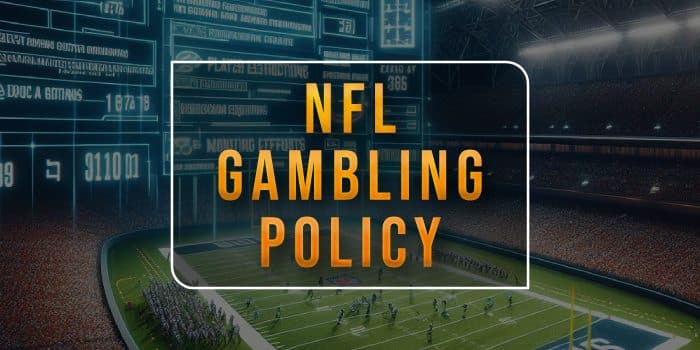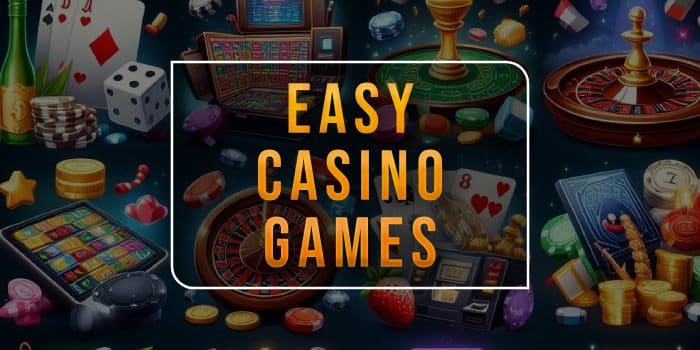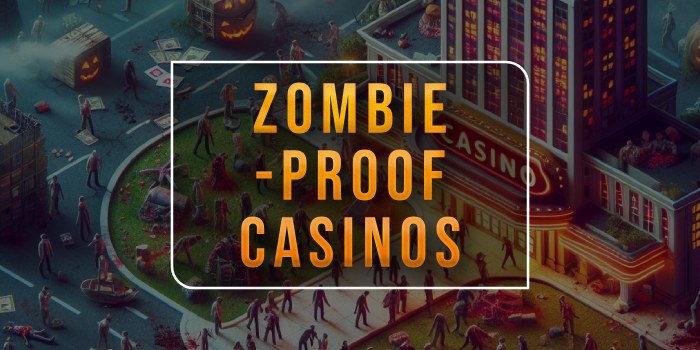- Casino
- Bitcoin Casinos
- Blacklist
- Real Money Casinos
- Reviews
- Strategy Guides
- Sweepstakes Casinos
- US Online Casinos
- Alabama
- Alaska
- Arizona
- Arkansas
- California
- Colorado
- Connecticut
- Delaware
- Georgia
- Florida
- Hawaii
- Idaho
- Illinois
- Indiana
- Iowa
- Kansas
- Kentucky
- Louisiana
- Maine
- Massachusetts
- Maryland
- Michigan
- Minnesota
- Mississippi
- Missouri
- Montana
- Nebraska
- Nevada
- New Hampshire
- New Jersey
- New Mexico
- New York
- North Carolina
- North Dakota
- Ohio
- Oklahoma
- Pennsylvania
- Texas
- Slots
- Free Slots
- 88 Fortune Frenzy
- A Christmas Carol
- Bandits and Bounties
- El Mariachi
- Fire & Steel
- Gifts from Santa
- It Came from Venus
- Legend of Azteca
- Legend of Horus
- Love Beach
- Mafia Family
- Ogre Empire
- Once Upon a Time
- Project Space
- Riches in the Rough
- Sheriff vs Bandits
- Take the Kingdom
- The Curious Machine
- The Defenders
- The Wild Show
- Viking Voyage
- Wilds of Fortune
- Ancient Slots
- Animal Slots
- Asian Slots
- 15 Dragon Pearls
- Buddha Fortune Hold and Win
- Cai Hong
- Dragon & Phoenix
- Dragon Kings
- Empire of Riches
- Journey to the West
- Lucky Macau
- Make You Rich
- Moon Sisters Hold and Win
- Mr. Macau
- Mythical Creatures
- Oriental Flower
- Prosperous Bloom
- Storm Lords
- Super Rich God Hold and Win
- Thai Blossoms
- Twin Dragons
- Classic Slots
- Food Slots
- Gold Slots
- Horror Slots
- Jungle Slots
- Magic Slots
- Sports Slots
- Slot Developers
- Free Slots
- Poker
- Sports
- Esports
- Home
- Is Forex Just Gambling?
Is Forex Just Gambling?

Forex is a big part of finance today, but one question persists – is forex just gambling, or is there actual skill and understanding to it? When people hear about buying and selling currency for a profit, their mind defaults to the risk-involved nature of such activities. While gambling and Forex both share this core similarity, the final outcome is different.
So, to better understand whether Forex is indeed gambling or a sign of business acumen, we have offered a detailed breakdown of both activities, how they are similar, and, more importantly, how they are different.
Forex and Gambling: Similarities and Differences
People who are just starting with trading may be wondering: is forex trading a career, and if it is a career, how is it different than gambling? Without any doubt, there are a lot of similarities between gambling and forex trading, yet it seems that there are just as many differences between the two activities.
How Are Gambling and Forex Similar?
- Forex and gambling require an upfront capital
- Participants in the two activities are required to forego a specific amount
- The two activities rely on a certain skillset
- There is no guarantee that the outcome of each activity will be favorable for the participant
How Are They Different?
- Trading or investing is not the same as betting
- Most trades represent a long-term process while gambling offers quick payouts
- Forex trading relies on prediction, gambling counts on chance
- An investment is somewhat safer than a gambling bet
What Motivates Gamblers and Traders
We can all agree that both gamblers and traders are motivated by money. But the main difference between Forex and gambling comes from the positive reinforcement. The usual Forex trader that wants to succeed in the ever-changing market is focused on analysis and strategies. Leveraging knowledge within the trading industry, building long-term skills, and making strategic investments are important qualities for Forex traders.
On the other hand, gamblers are also motivated by money, but most of them use a different positive reinforcement method. In other words, while Forex traders rely on strategies and analysis, gamblers rely on and hope for chance and good luck. This marks one of the major differences between Forex and gambling.
Good Luck and Actual Knowledge
While the two activities involve risking upfront capital, relying on strategies and experience certainly isn’t the same as relying on good luck and chance. Keeping in mind the nature and motivation of the two groups, this confirms that forex trading is not gambling.
But how is trading and investing different from gambling? Well, for starters, the risk which traders face compared to the risk which gamblers face is different. One might say that that’s not true – you either win or lose money. Ultimately, this is what both activities may come down to, but there is a significant difference between placing a bet and entering a trade.
Long Term vs Immediate Reward
One major difference that supports the fact that trading is not gambling is the payouts. Each gambling activity has a quick outcome with the only exception maybe being poker tournaments. Other than that, placing a sports wager, a bet on a slot machine, roulette, or blackjack – the outcome of the bet is most of the times instant. This confirms that gambling is way more dynamic than trading, involves more action and engagement, and most importantly, stands out with quick turnaround.
In contrast, trading is a long-term process that often involves months if not years to complete. Of course, any trader can close the trade they would like instantly, but with the right knowledge, strategy, and research, sometimes waiting can bring more benefits.
Skill Is Not the Same as Chance
There is a common misconception that depicts gambling as a win-or-lose activity. In the context of comparing forex trading and gambling, this misconception is reinterpreted, oftentimes, falsely. For example, the chances of winning while participating in a gambling activity vary depending on the game itself. Is it slots, roulette, blackjack, or baccarat, each game presents the players with a different chance of winning.
To further spice things up, many gambling activities offer players to compete against each other which changes the chances of winning drastically. Gamblers may argue that skill builds up with practice, yet it’s no secret that there are millions of losers and a significantly small number of winners. This is another fundamental difference between gambling and forex trading. Primarily, because the skillsets required for the two activities are different.
Of course, there is no guarantee that a trader will be successful given that the market may be impacted by unforeseen circumstances. Yet, the predictability or skill used in forex trading doesn’t rely on chance. Many successful forex traders follow the global markets closely and make strategic investments. This doesn’t necessarily mean that their investment will be successful, but strategy and following market trends are contrary to relying on chance and good luck.
Greed Is Not Good
Greed is good, a phrase that can be used as a cheat code in the video game called Warcraft III, grants the players with unlimited gold. Well, in real life, and especially forex trading and gambling, greed is not good. We’ve already gone through the money motivation factor that drives both forex traders and gamblers. However, to reiterate greed isn’t a good advisor, and this applies to the two activities.
If a person is after scoring fast money and looking for a quick payout, this will inevitably influence their decision to trade or gamble. As an intense feeling, greed is driven by emotions and those emotions can impact the decisions people make.
When it comes to forex trading, a person driven by greed will likely be uncomfortable with any trade. They will constantly monitor their investment and rethink a hundred times a day when would be the best moment to close the trade. The same goes for greedy gamblers, but the impact within that vertical can be even more devastating. People affected by problem gambling or suffering from at-risk gambling often start chasing their losses. Chasing losses is one of the major steps toward problem gambling or compulsive gambling, an activity described as the uncontrollable urge to gamble.
Self-Control Is the Key to Success
A key to success with any activity is self-control. Although we have established that forex trading is not gambling, the participants of the two activities can benefit from self-control. Keeping your emotions away, being aware, improving your skills, and accepting that there is risk can help both gamblers and traders alike.
Related Topics:
After finishing her master's in publishing and writing, Melanie began her career as an online editor for a large gaming blog and has now transitioned over towards the iGaming industry. She helps to ensure that our news pieces are written to the highest standard possible under the guidance of senior management.
More Articles
April 22, 2024
April 19, 2024
April 17, 2024
April 15, 2024
April 13, 2024
March 14, 2024
March 7, 2024
February 28, 2024
February 7, 2024
February 5, 2024
January 31, 2024
January 19, 2024
















